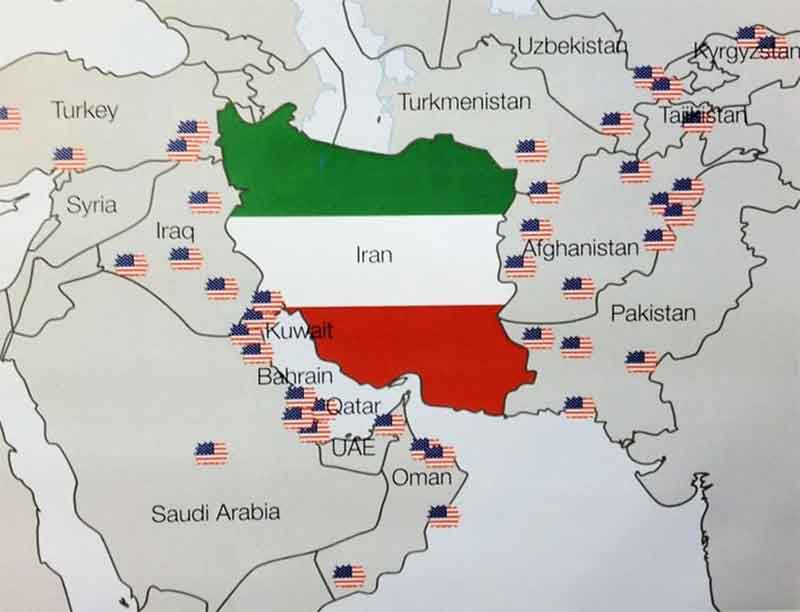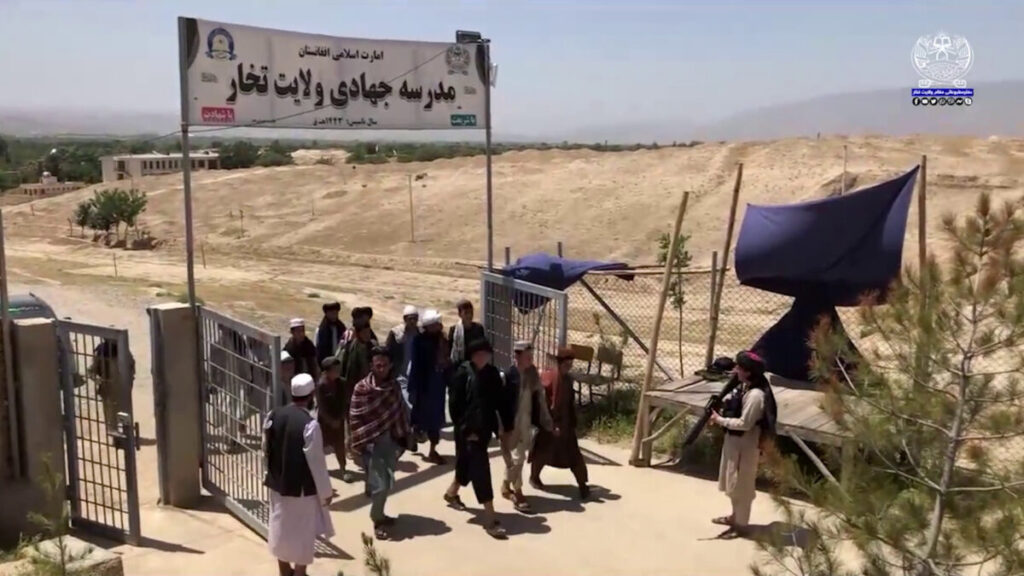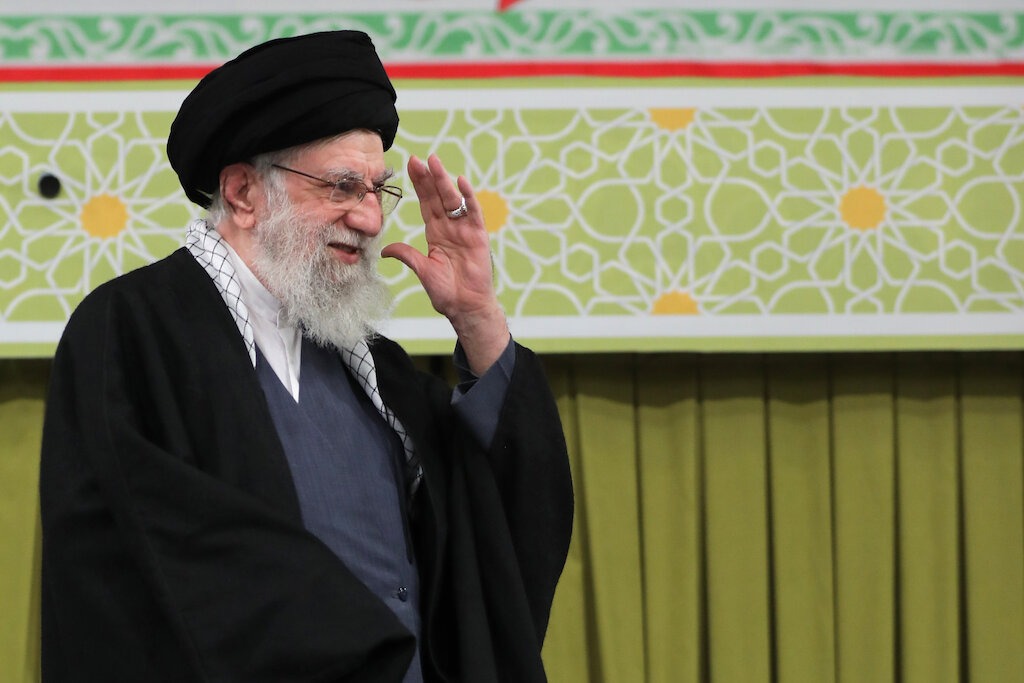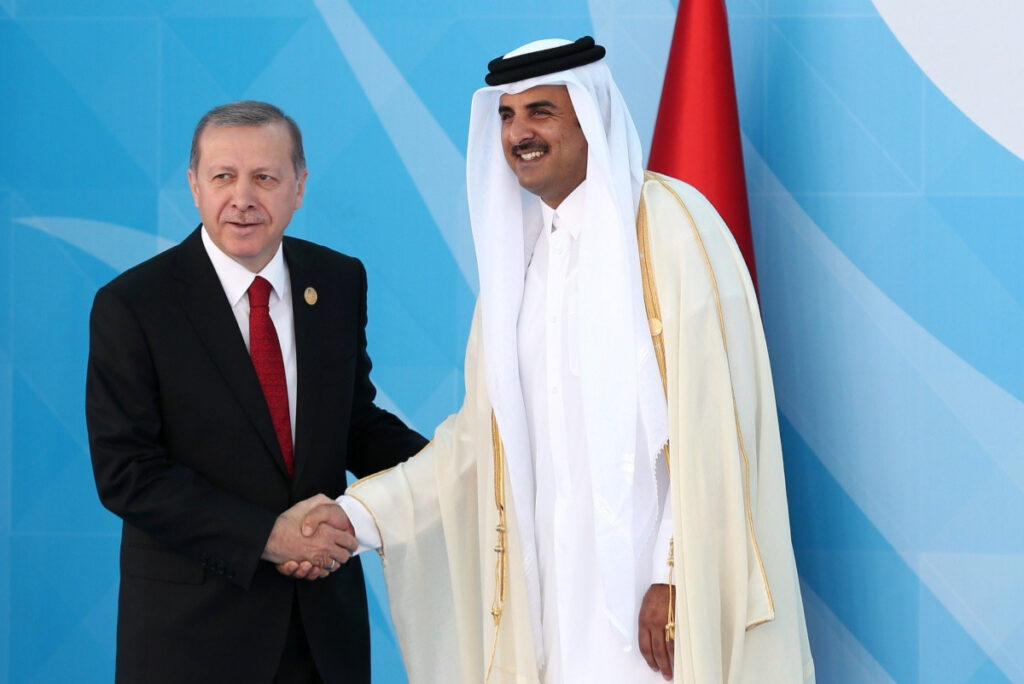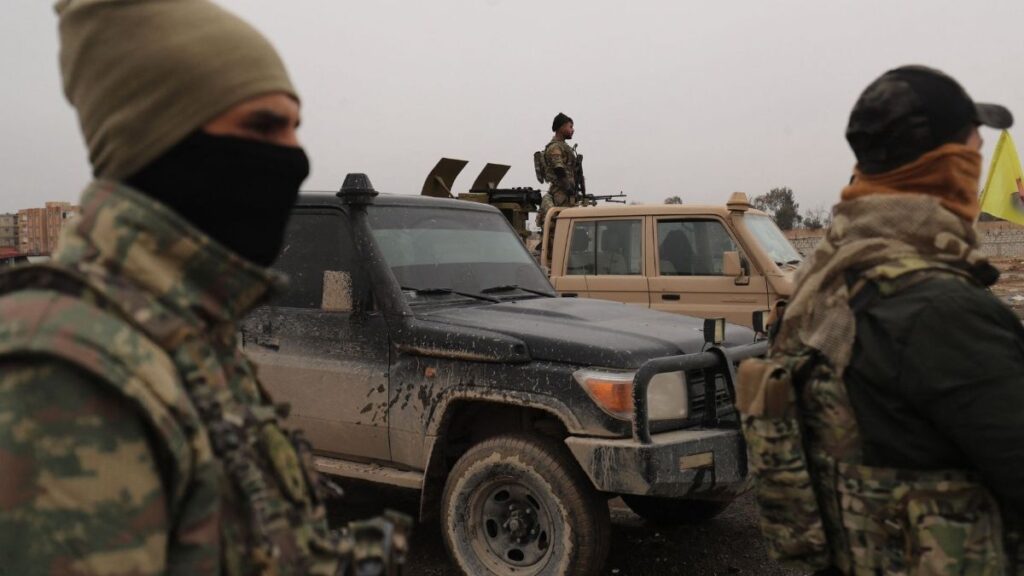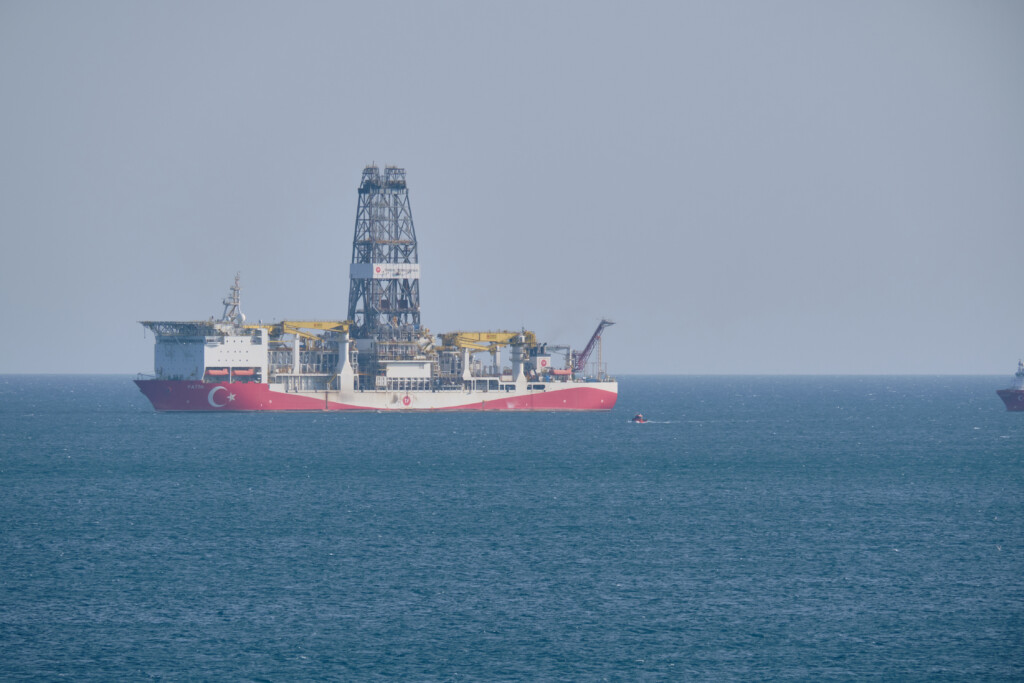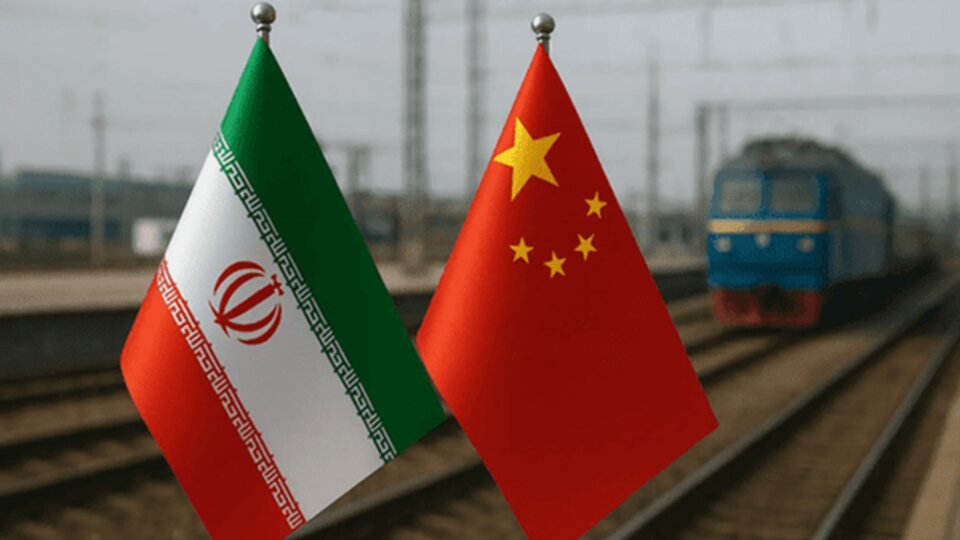The Beginning of the End for the Mullahs

For decades, Iranian leaders grew accustomed to Western caution, diplomatic hedging, and carefully measured statements designed to avoid escalation. They learned that repression at home would provoke criticism but rarely consequences. They learned that terrorism abroad would be condemned but tolerated. They learned that nuclear deception would lead to negotiations, not punishment.

